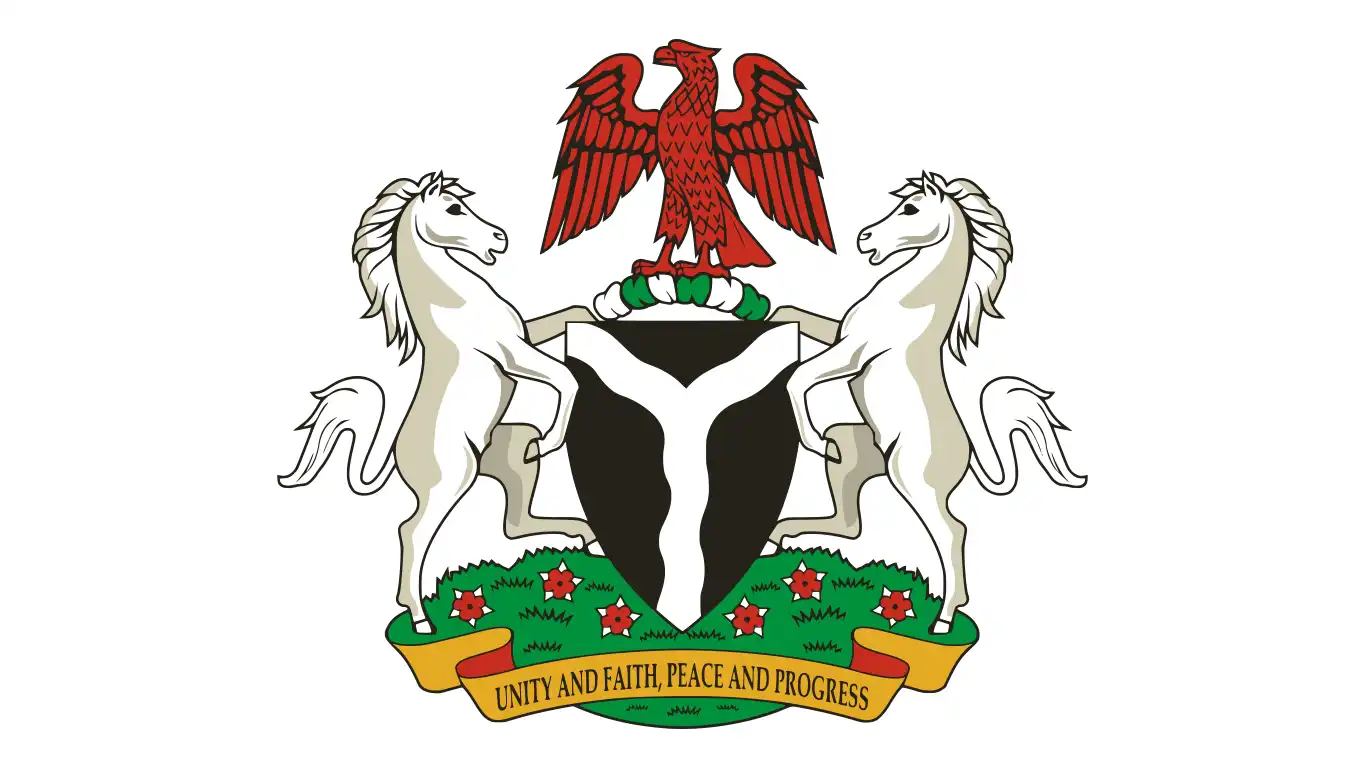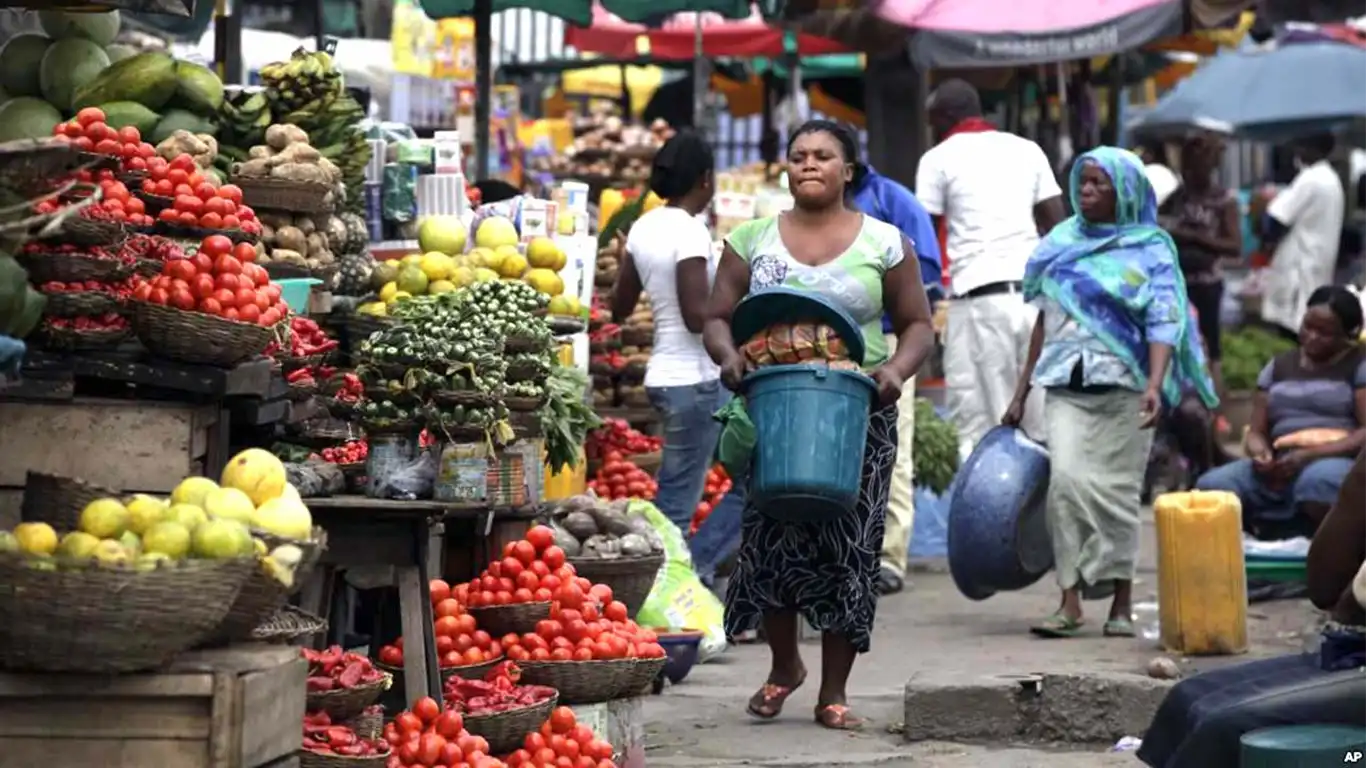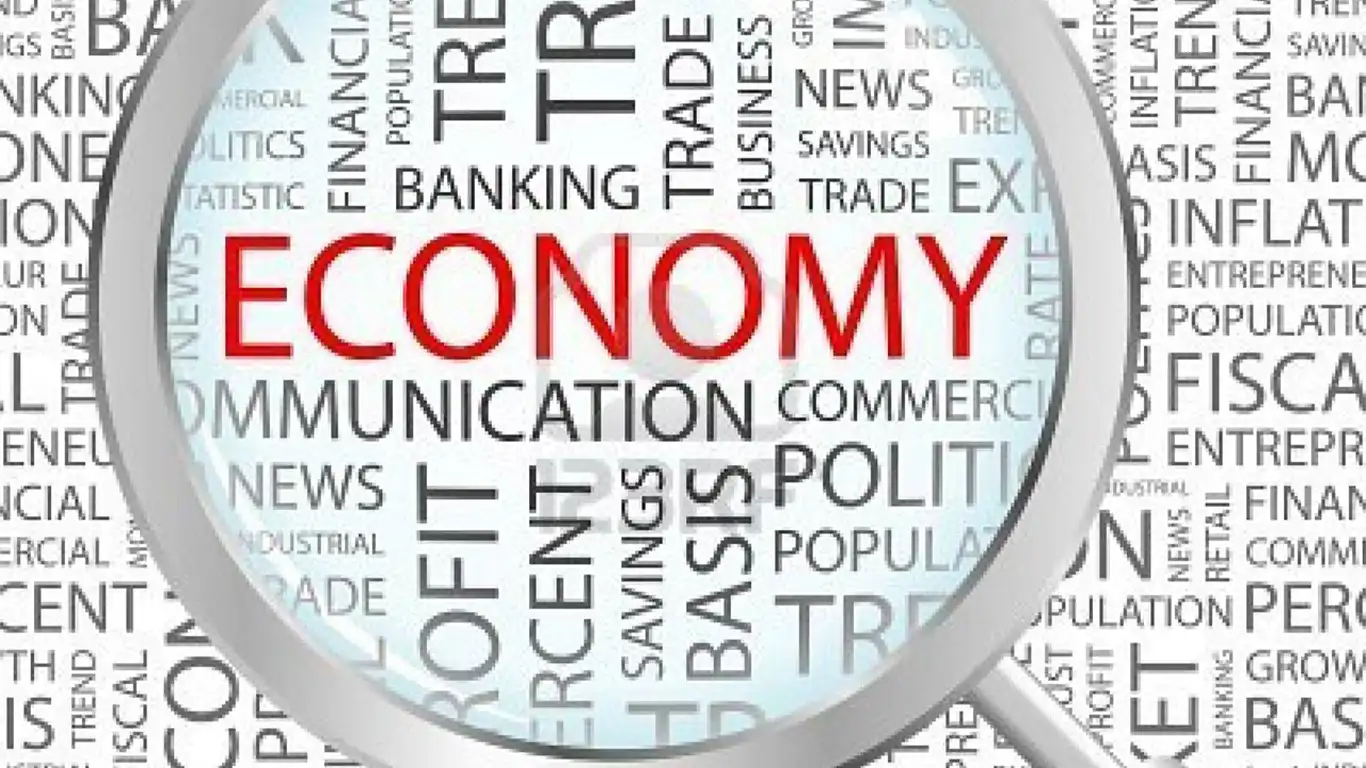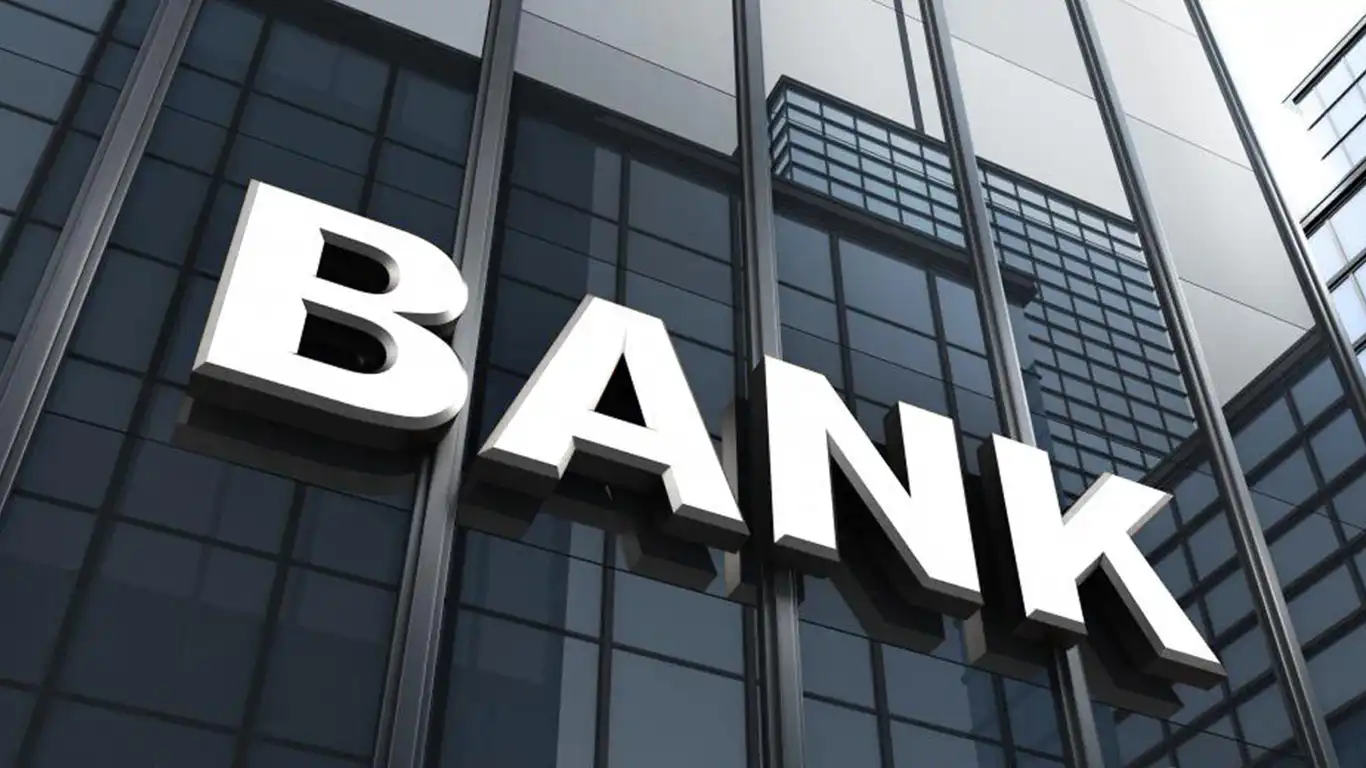
The Impact of the Federal Government of Nigeria’s Policies on the Economy
The Nigerian federal government plays a pivotal role in the growth of the country’s economy. The government’s policies have a major bearing on the economy’s expansion and stability as a whole. This article will examine the effects of government policies on economic growth, including the role of monetary policy, the influence of federal fiscal policy, and the effectiveness of federal initiatives designed to promote the economy.

Impact of Government Policies on Economic Development
By its policies, the Federal Government of Nigeria plays a crucial role in setting the course for the country’s economy. Policies made by the government have an impact on many parts of the economy, including agriculture, commerce, and investment. The government may encourage new businesses to open, draw in foreign investment, and encourage people to strike out on their own. Jobs will be created, output will be boosted, and people’s standard of living will rise if these measures are put into place.
Impact of Monetary Policy in Nigeria’s Economy

The implementation of monetary policy in Nigeria is within the purview of the Central Bank of Nigeria. Managing the money supply and interest rates is part of monetary policy, which also aims to stabilise the economy and boost economic growth. Inflation, currency values, and economic expansion are all influenced by the central bank’s decisions to expand or contract the money supply. The interest rate is a major tool of monetary policy because of its influence on borrowing costs and capital expenditures.
The Federal Government’s Fiscal Policy and the Economy

The term “fiscal policy” is used to describe the Nigeria government‘s approach to taxing and expenditure. Increased demand for products and services and new employment opportunities are two ways in which government expenditure influences the economy. Nonetheless, the government’s taxation policy has an impact on the economy because it alters the amount of money that people and companies have to spend. High taxation can lessen people’s take-home pay and cause them to spend less money, whereas low taxation can raise expenditure and stimulate the economy.
Policies Used to Stimulate the Economy

Many policies have been enacted by the Federal Government of Nigeria in an effort to boost the country’s economy. The policies include encouraging startup companies because of the positive impact they may have on the economy in terms of new employment and investment possibilities. To entice international investment and inspire domestic investment, the government has also established a number of investment incentives. Currency stability, inflation management, and expansionary monetary policy are further goals of government action.
Which has the Strongest Economy in Africa?

Africa is a big and varied continent, home to a number of flourishing economies. Nigeria’s nominal GDP is $397 billion, making it the biggest economy in Africa. The next two largest economies by nominal GDP are South Africa ($349 billion) and Egypt ($302 billion). The expansion of the middle class and its disposable income is a major factor in the development of natural resources and the expansion of small and medium-sized businesses in these countries.
Impact of Taxation in Nigeria’s Economy

A major part of the federal government’s budget comes from taxation. Taxes are one of the main ways the government brings in money to pay for things like infrastructure and social programmes. Conversely, heavy taxes may hurt the economy by lowering people’s take-home pay and the amount they spend on goods and services. To improve tax revenue and decrease tax evasion, the Nigerian federal government has worked to streamline the tax system. The goal of these initiatives is to increase economic growth and raise people’s living standards. The Free and Independent Revenue Service (FIRS): Taxpaying is a Good Investment.
Impact of Universal Banking in Nigeria

When a financial organisation offers banking, insurance, and investing services all under one roof, it is said to be “universal banking.” In an effort to broaden participation in the financial system, the Nigerian government has adopted the universal banking policy.
Conclusion
The Federal Government of Nigeria is an essential part of Nigeria’s economy, and the decisions it makes have a major bearing on the country’s standard of living and prosperity. Monetary policy in Nigeria is administered by the Central Bank of Nigeria, which regulates the country’s money supply and interest rates in order to curb inflation and spur economic expansion. Government spending and taxes are examples of fiscal policy, both of which have an effect on the economy. The government has improved the tax system and enacted measures that encourage business creation and investment in order to jumpstart the economy. The nominal GDP of Nigeria is $397 billion, making it the biggest economy in Africa. The government’s fiscal strategy includes taxation and universal banking, the effects of which should be continuously monitored.

